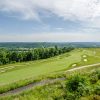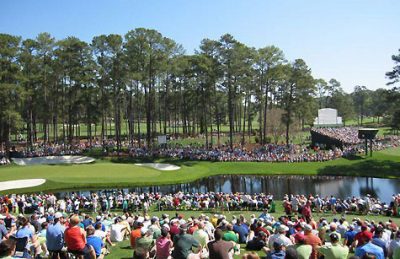HOG World Tour Visits Logan River Golf Course
Categories: Aerial Photography • Golf • Golf Courses • Golf For Women • HOG World Tour
Tags: Golf Utah • Logan • Utah • Utah Golf
Spent some time up in beautiful Logan, Utah yesterday for a little old football game. Being the opportunist that I am, I took advantage and visited Logan River Golf Course with one of my roughly 30 drones. It was a nice time of day too, around sunset. Enjoy a few pics.




HOG Aerial World Tour – The Country Club of Salt Lake City
Categories: Aerial Photography • Golf Course Architecture • Golf Courses • Golf For Women • HOG World Tour
Tags: Golf Utah • Salt Lake City • Salt Lake Country Club • Utah • Utah Golf
Been too long since I did some flying! Recently caught some nice late afternoon images of Salt Lake Country Club. I enjoy playing the course. It’s always a challenge and the maintenance is top notch.
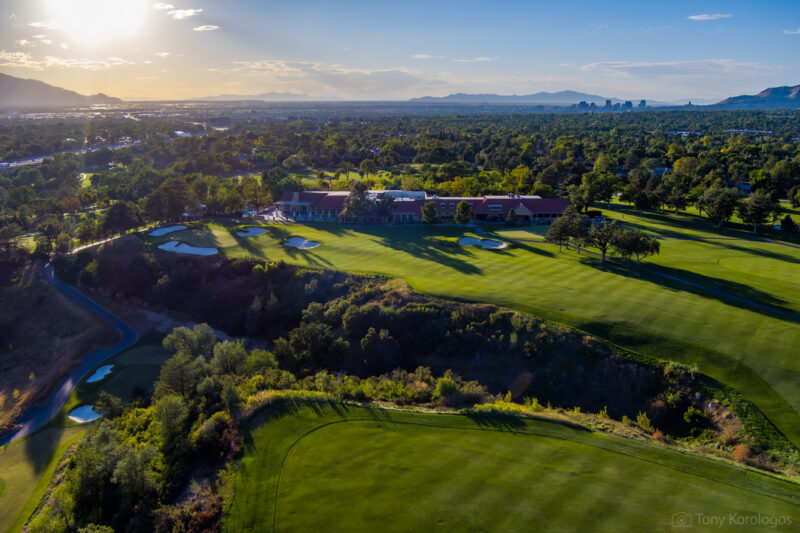
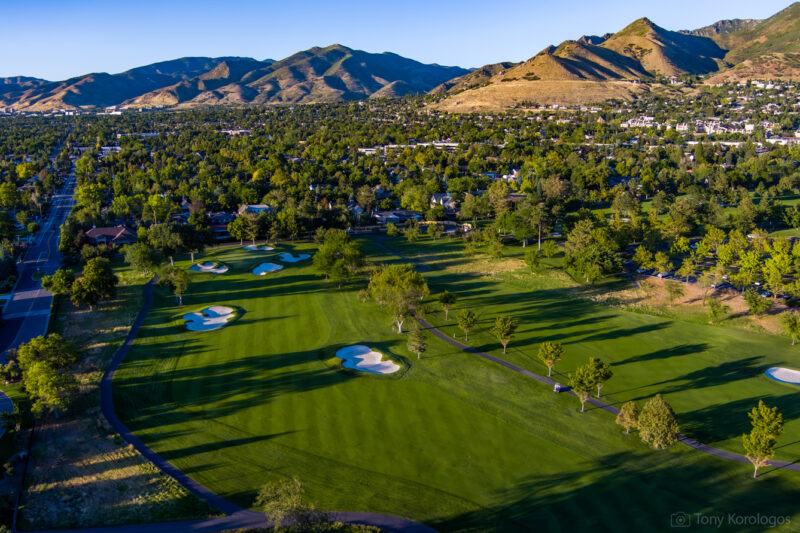
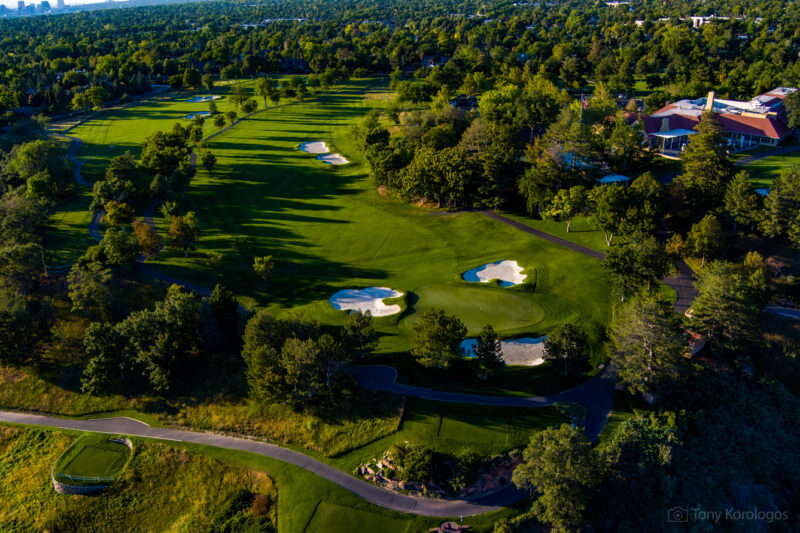
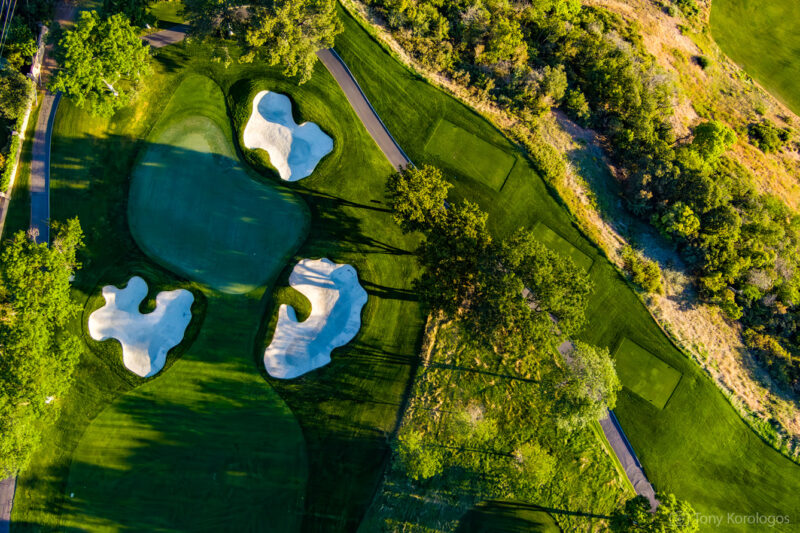
HOG Aerial World Tour Visits Cedar Hills Golf Club
Categories: Aerial Photography • Golf • Golf Course Architecture • Golf Courses • Golf For Women • Golf Videos • HOG World Tour • Miscellaneous
Tags: Aerial Video • Cedar Hills Golf Club • Drones • Golf Utah • Utah Golf
Happened to be in the neighborhood of Cedar Hills Golf Club, Utah a few days ago. And as fate would have it, I had some FPV racing drones on hand (big surprise) and was able to do some flyovers. Looks like the back nine is undergoing some kind of maintenance, but still a fun look:
HOG Aerial World Tour – Coral Canyon, Utah
Categories: Aerial Photography • Golf • Golf Course Architecture • Golf Courses • Golf For Women • Golf Life • Golf Lifestyle • HOG World Tour
Tags: Golf Utah • Southern Utah • Utah Golf
Last weekend I was thrilled to make the road trip from northern Utah to Vegas to see my Utah Utes WIN the Pac-12 football championship, 38-10 over #10 Oregon. Since I always bring multiple drones with me when I travel, I made a stop by Coral Canyon to take a break from driving and catch a few drone photos.

Coral Canyon is a very fun course; desert target style with wide open landing areas.
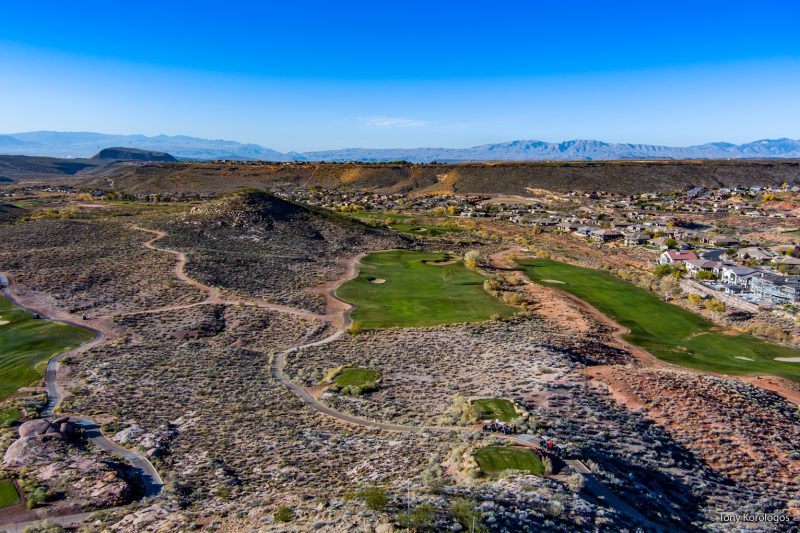
There are many fun risk-reward scenarios and fun launching pads from the tops of dunes to fairways far below the tee box.
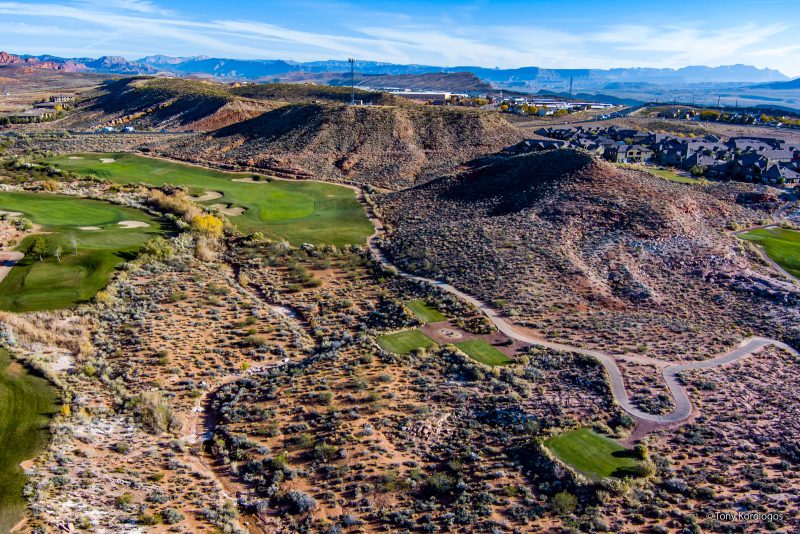
John Fought to Design Six-Hole Golf Course in Utah
Categories: Golf • Golf Course Architecture • Golf Courses • Golf For Women
Tags: Golf Utah • Utah • Utah Golf
I usually put press releases on my newswire site HOGWire.biz, but this time I’m posting here as this one hits close to home, literally. Cedar Hills is about 40 minutes from my house. I’m a fan of John Fought’s course designs, specifically Sand Hollow. Looks like they’re going to build a six hole course.
PRESS RELEASE BELOW:
John Fought to Design Six-Hole Golf Course in Utah
City of Cedar Hills taps BYU Hall of Famer for new short loop
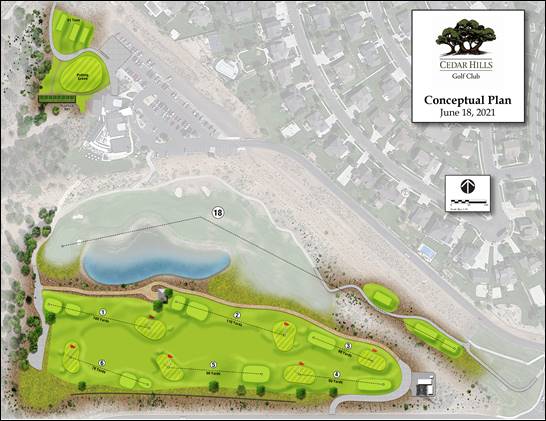
CEDAR HILLS, Utah (Oct. 26, 2021) — John Fought, who starred as a collegiate golfer for Brigham Young University and is the architect of Utah’s top-ranked golf course, Sand Hollow, will be returning to the state to design a new six-hole short course in Cedar Hills.
Located 16 miles from Provo and 33 miles from Salt Lake City, the city is home to the Cedar Hills Golf Club, an 18-hole layout nestled at the mouth of the picturesque American Fork Canyon. The new par-three walking loop—with holes ranging in length from 60 to 115 yards—will be built adjacent to the 18th hole of the existing city-owned course and replace the driving range, which had become a safety hazard due to limited space.
Fought also will renovate the club’s putting and warm-up areas. The project is tentatively scheduled for completion by May 31, 2022, and ready for play next summer.
“We are excited for the development of the short course at Cedar Hills Golf Club and the opportunities it will provide to those who wish to learn the game of golf, as well as to those who are looking to improve their short game,” said Chandler Goodwin, City Manager for Cedar Hills. “The improvements to the putting and warm-up areas will add much-needed features to the course and will help with our goal of making Cedar Hills Golf Club one of the finest course experiences in our area.”
Duininck Golf, which has worked with Fought on a series of award-winning courses across the country, was recently selected by the city as project contractor.
“I’m thrilled to return to Utah and look forward to working with Chandler, the City of Cedar Hills, and Duininck Golf as this will be a very fun project,” Fought said. “Short courses have many advantages and they are especially ideal for those with a shorter time window—a round can be completed in about 45 minutes.”
Fought designed Sand Hollow Resort’s Championship Course, located in Hurricane in southwestern Utah. Sand Hollow opened in 2008 and has been recognized as the state’s No. 1-ranked course by numerous golf publications. As an architect for more than 30 years, Fought has designed many other award-winning layouts throughout the United States, and is currently the club architect for Alpine Country Club, which sits in close proximity to Cedar Hills GC.
Fought enjoyed a celebrated four-year collegiate golf career at BYU. Following his graduation in 1976, he went on to capture the U.S. Amateur Championship the following year. He was inducted into the BYU Hall of Fame in 1995.
For more information on John Fought Design, visit his website.
1 2 3 … 7 Next »



